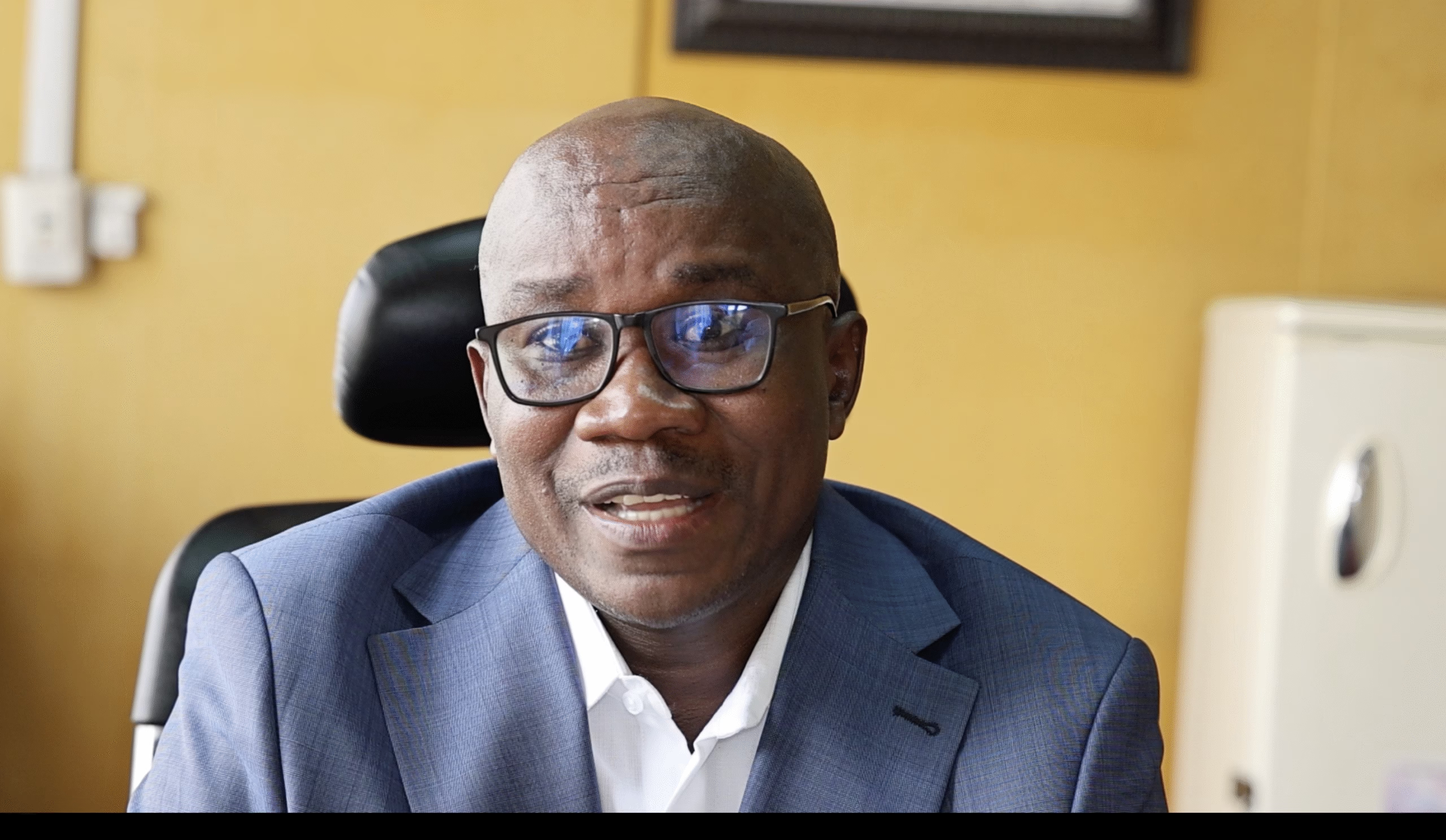Burundi’s new minister of justice has vowed sweeping reforms to ease the country’s overcrowded prisons, including the closure of some facilities and greater reliance on alternatives to incarceration.
Justice Minister Katihabwa Arthemon said the government is committed to strengthening the independence of the judiciary while safeguarding the rights of all Burundians.
“No one is born to be imprisoned but to be respected and live as a law-abiding citizen,” Katihabwa told the Associated Press. “We will work to reduce the number of prisoners, close some prisons, and fight crimes such as burglary and corruption.”
Burundi’s correctional facilities remain severely strained, with more than 13,000 inmates crammed into prisons built to hold only 4,000, according to official figures. Human rights groups and the United Nations Office of the High Commissioner for Human Rights (OHCHR) have repeatedly urged authorities to address the issue.
The United Nations Committee against Torture has raised alarm over prison conditions, noting that as of June 2023, Burundi’s prisons were operating at 277% of their capacity, with nearly half of all inmates still awaiting trial. The Geneva-based body cited overcrowding, inadequate food and health services, and arbitrary arrests as persistent concerns.
UN development agencies have also pressed for reforms. The U.N. Development Programme said its initiatives helped reduce the number of pretrial detainees in 11 prisons by 22% in 2021, while also supporting inspections by Burundi’s Ministry of Justice. UN officials argue that alternatives to detention and faster trials are essential to ease congestion in the prison system.
Katihabwa said reforms will not only target overcrowding but also guarantee equal access to justice. “If the justice system is weak, there can be no security or development,” he said.
The minister, a lawyer and human rights advocate before joining government, emphasized that his mission is to ensure equal treatment under the law for all citizens.



